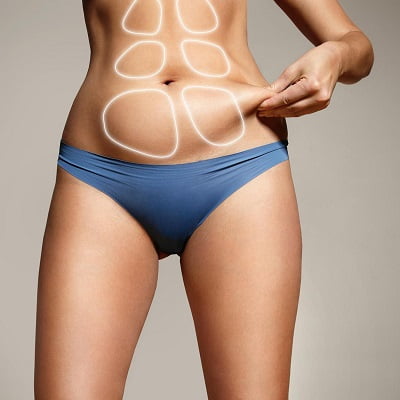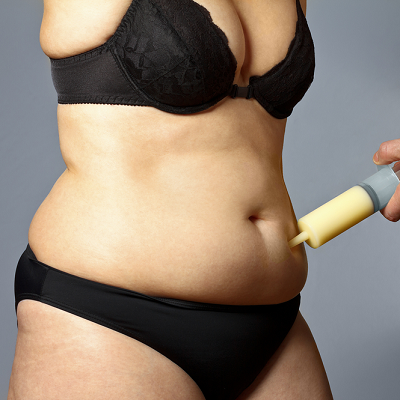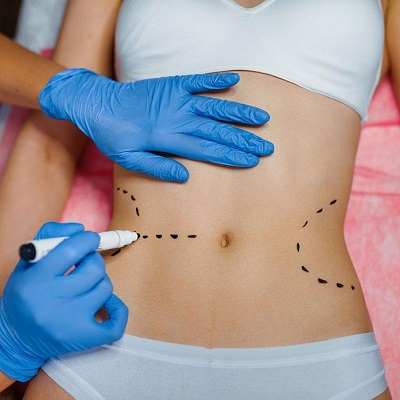
Liposuction helps patients eliminate resistant fat in specific areas of their body. Moreover, it is an effective way to achieve a better form when weight-reduction plans and exercise by themselves are inadequate. However, people with diabetes ask, Can I Undergo Liposuction as a Diabetic Patient? So, this blog will discuss to help you decide if it’s a sensible alternative for you.
What is liposuction?
This cosmetic surgical operation removes extra fats from regions just as the hips, legs, abdomen, and hands. The surgeon breaks up and removes fat lumps with a sucking tool after minor wounds. Although the procedure is not a process to decrease weight. However, it targets parts of your body that do not get the shape of diet and exercise, therefore altering their contour.
Though most people consider this treatment to be secure for healthful individuals, people with fitness troubles like diabetes might also locate it greater tough because it calls for a proper healing process.
Diabetes and Its Impact on Surgery
In a long-term situation, this medical situation alters the manner the body manages glucose and blood sugar. Uncontrolled disease can also result in terrible wound healing, elevated infection chance, and difficulties with blood going with the flow among other things. For people with this problem, those elements make surgical treatment unstable.
After surgery, those with diabetic might require more time to recover because
- Less blood flow might cause healing to take more time.
- High blood sugar weakens your defensive system.
- Wound healing might take more time: high blood sugar could make scar healing more difficult for the body to do.
- While considering surgical treatment, those elements are important; nonetheless, they’re in particular essential for liposuction, which requires cuts and recuperation time.
Can I Undergo Liposuction as A Diabetic Patient?
The answer for the question, Can I Undergo Liposuction as A Diabetic Patient, is yes. However, the surgery is more challenging. Therefore, if you meet the following criteria, you can go for it.
Controlled Diabetes is Key:
Those with diabetes who maintain under control their blood sugar levels are much less prone to have issues. You must be sure your disease is under control before considering surgery. This entails eating balanced food, maintaining a healthy range for your blood sugar, and regularly reviewing your circumstances. Maintaining control helps reduce the danger of infections and hastens the healing of wounds.
Consult with a Qualified Surgeon:
See a board-certified plastic surgeon who has performed the procedure on diabetic patients previously; this is crucial. Your surgeon will review your general health and medical background. To ensure the operation is safe for you, they may also seek approval to perform from your endocrinologist or primary care physician.
Comprehensive Medical Evaluation
Those with diabetes should have a thorough medical examination before treatment. Tests on your overall health and kidneys, as well as on how well your ailment is under control, will be conducted. Your surgeon will also review the areas where fat will be removed and the course of treatment duration to ensure it is safe for you.
Pre-Surgery Preparation
If your doctor advises you to get liposuction, you may have to prepare yourself before the operation. Among them are:
- Maintaining stable blood sugar levels.
- Modifying any diabetic medication.
- We are quitting several medications that could aggravate issues more probable.
- Your doctor might also advise you to avoid alcohol and smoking before surgery as these can hinder healing and recovery.
Post-Surgery Considerations
Diabetics may take longer to recuperate; hence they need more care after surgery. Remember these:
- Regularly monitor blood sugar levels post-surgery to prevent stress and disease.
- Maintain regular contact with your physician for necessary modifications to your diabetic remedy schedule.
- Eat a balanced, nutritious diet post-surgery, inclusive of lean meats, inexperienced vegetables, and fruits.
- Avoid sugar-heavy foods to prevent blood sugar spikes.
- Follow the surgeon’s treatment advice to prevent complications.
- Maintain surgical site cleanliness, avoid excessive physical activity, and follow medication prescriptions.
- Attend scheduled follow-up visits to ensure proper recovery and advice on resuming regular activities.
Alternatives to Liposuction
If you have diabetes and this treatment proves too dangerous for you, there are alternative procedures to reduce weight and alter body form. These non-invasive techniques might provide the same results without operation:
- By freezing fat cells, Cool Sculpting allows one to eliminate them without surgery.
- With this technique, which uses sound waves to break down fat cells in certain areas, ultrasound fat loss
- Diabetics should still discuss these decisions with their doctor to ensure they are appropriate for them, even if they could be safer.
Conclusion
People with diabetes may have liposuction even if their condition makes it more difficult; if their diabetes is under control and they are otherwise healthy, then so is the case. You must be well-prepared, undergo meticulous treatment after surgery, and keep constant touch with your healthcare professionals if you want a successful outcome.
Always consult a qualified professional at Royal Cosmetic Surgery-PK so you can ensure a safe and seamless operation of the procedure.






